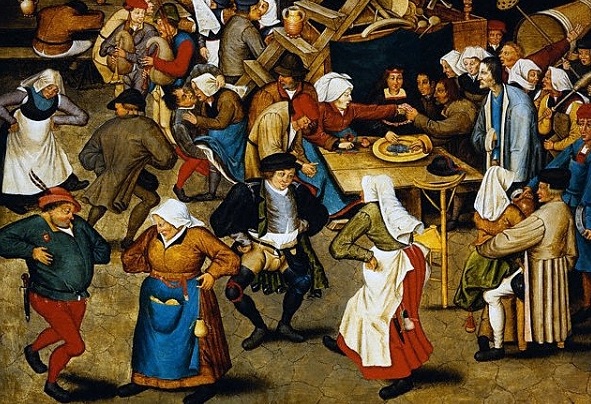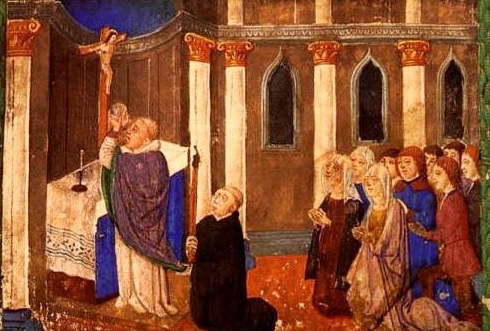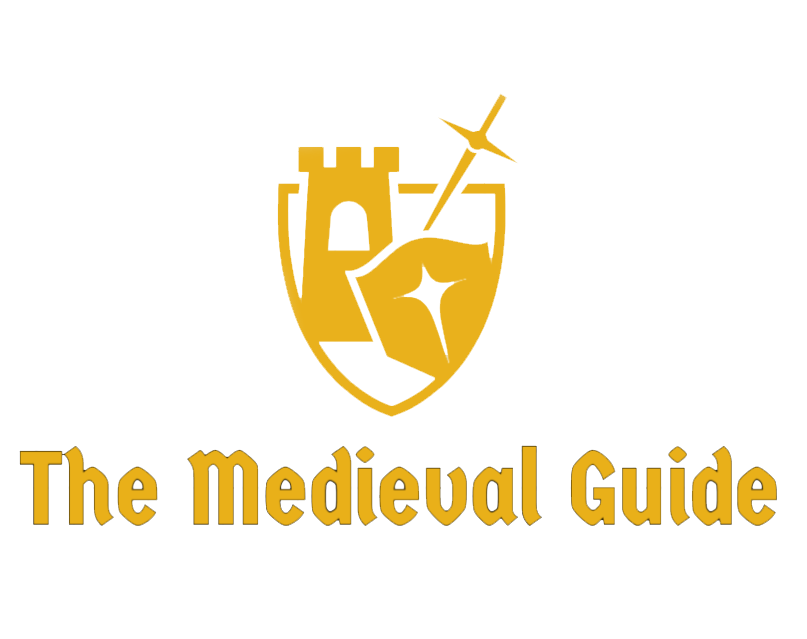The medieval period was a time of hard work and labor for peasants, as the majority of their days were spent working the fields and tending to their crops. However, despite their busy lives, medieval peasants did have some leisure time, and they found ways to entertain themselves and enjoy their free time.
In this article we explore the various leisure activities that medieval peasants participated in and how they used their limited free time.
Fairs and Festivals
Medieval peasants would often attend fairs and festivals that were held in their local villages or towns. These events were typically held to mark religious holidays or other special occasions, such as harvest time.

Fairs and festivals provided an opportunity for peasants to socialize, purchase goods, and enjoy a variety of entertainment such as music, dancing, and theater performances. These events would also be an opportunity to break the monotony of daily life, enjoy some festive atmosphere, and to indulge in some luxury goods such as sweetmeats, spices, and other treats that were not part of their regular diet.
Gambling
Gambling was a popular leisure activity among medieval peasants. They would often engage in games of chance such as dice and card games, which were played in taverns, inns, or even in the fields. Gambling provided an opportunity for peasants to relax, socialize, and even win some money.
Gambling was also a way to escape from their daily life and to test their luck, however, it was a risky activity and one that many lords and priests frowned upon as it was seen as a distraction from the labor, and it could also lead to a loss of their hard-earned money and potentially even lead to a debt.
Sports and Games
Medieval peasants also participated in a variety of sports and games to pass the time. They enjoyed activities such as archery, wrestling, and hunting as a way to improve their skills and physical fitness.
These activities were also a way for them to bond with their community and were often organized as a contest or tournament, where participants would compete for prizes, prestige and bragging rights.
They also played a variety of games, such as skittles (a game similar to bowling), nine-men’s morris (a board game), and chess. These sports and games provided a way for peasants to relax and enjoy some physical activity after a long day of labor, and also to display their skills and talents to others.
Music and Dancing
Medieval peasants also enjoyed music and dancing as leisure activities. Many villages and towns had local musicians and entertainers who would play and sing for the community. Peasants would gather to listen to music and dance in taverns, inns, or even in the streets.

Music was an important part of the medieval society and it was used to celebrate, mourn, or mark important events. Peasants would often create their own instruments, such as flutes, tambourines and drums, and would use them to create their own music. They would also have singing and dancing sessions after a long day of labor, which were a great way to unwind and forget the worries of daily life.
Storytelling
Storytelling was also a popular leisure activity among medieval peasants. They enjoyed listening to tales of adventure, romance, and magic, as well as legends and folktales passed down through generations. Storytellers would entertain audiences in taverns, inns, or even in the fields.
Storytelling provided an escape from the reality of peasant life and transported them to a world of imagination and adventure. The stories were not only a form of entertainment but also a way to preserve the cultural heritage and history, as many stories were passed down from generation to generation, serving as a way to transmit important cultural and moral values.
The stories would often be accompanied by illustrations and songs, making them even more captivating and immersive. Additionally, storytelling was also a way for people to make sense of their world, and to understand the complexities of society and human nature.
Religious Observances
Religion played an important role in the lives of medieval peasants. They would often attend religious services, both on Sundays and on holy days of obligation, such as Christmas, Easter, and Saint’s days.
These observances were a time for communal worship, and they would also provide an opportunity for socializing and building community. Peasants would often participate in processions and other devotional practices, such as pilgrimage to holy sites.

These religious observances provided not only a spiritual dimension to their lives, but also a sense of community, belonging, and hope.
Craftsmanship
Many medieval peasants would also engage in craftsmanship as a leisure activity. They would often make items such as pottery, baskets, and clothing, using locally-sourced materials. These items would then be sold at local markets or fairs.
This not only provided a source of income, but also allowed for the development of various skills and the creation of items that could improve the quality of their lives. Not to mention it was usually quite fun!
Additionally, many peasant families would have a specific craft or skill passed down from generation to generation, this would help to identify and define the community and its members.
Conclusion
Despite their busy lives and hard work, medieval peasants did have some leisure time and they found ways to entertain themselves and enjoy their free time. They participated in a variety of activities such as attending fairs and festivals, gambling, playing sports and games, listening to music and dancing, storytelling, religious observances and craftsmanship.
These activities provided a way for peasants to relax, socialize, and escape the monotony of their daily lives. They were not only a source of entertainment but also a way to maintain their mental and physical well-being. They were a way to forget the hardships of labor and find some joy, community and purpose in the midst of their daily struggle.
